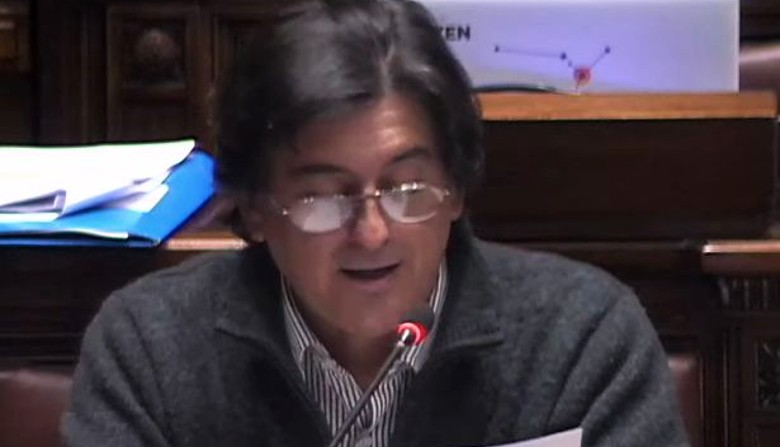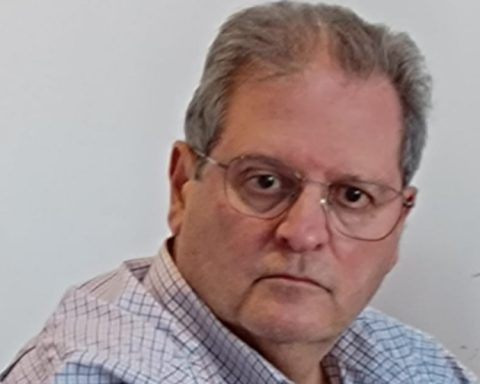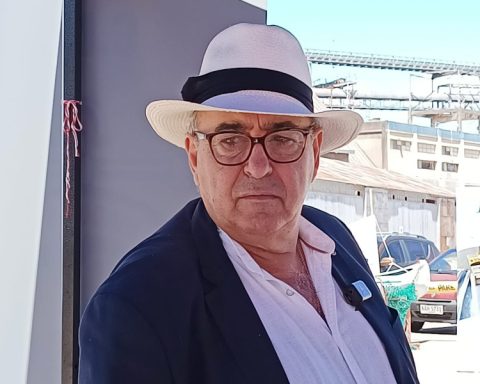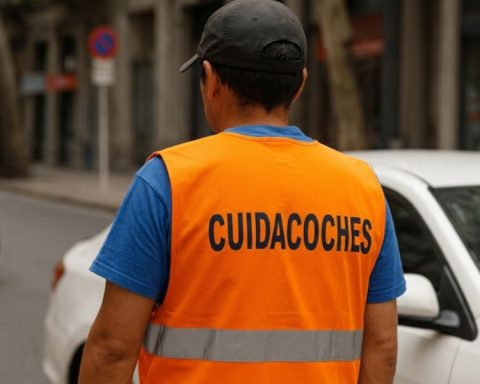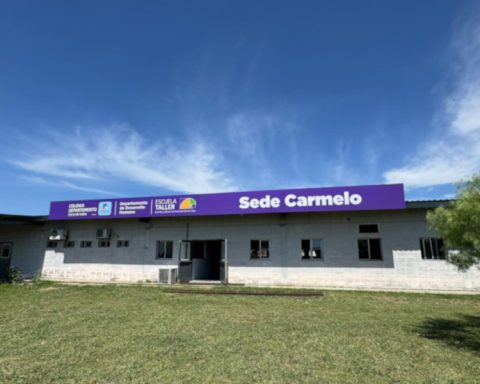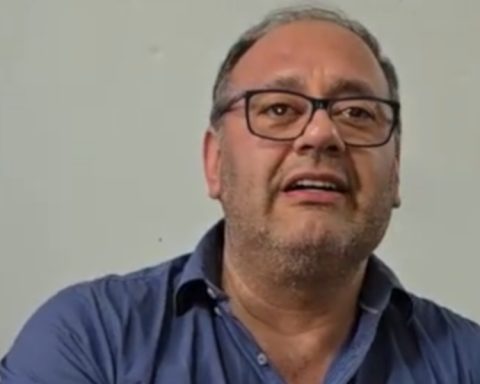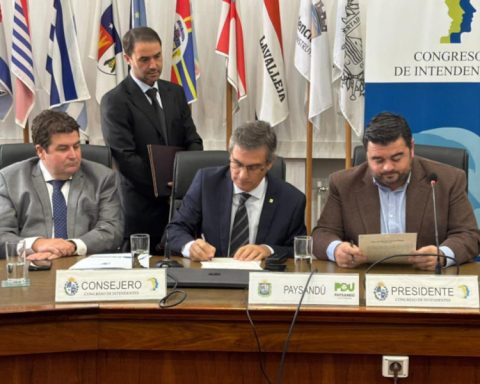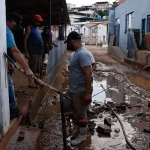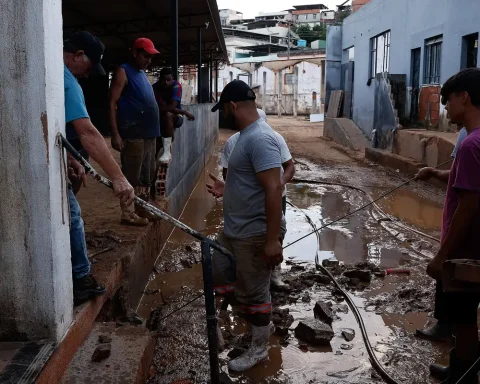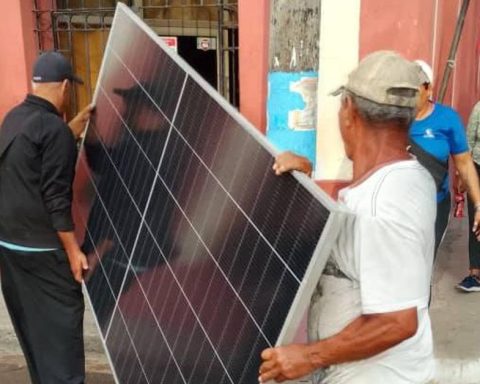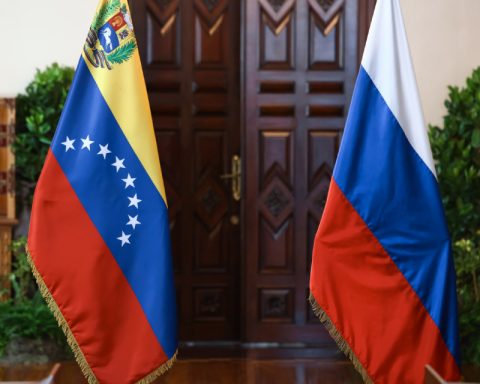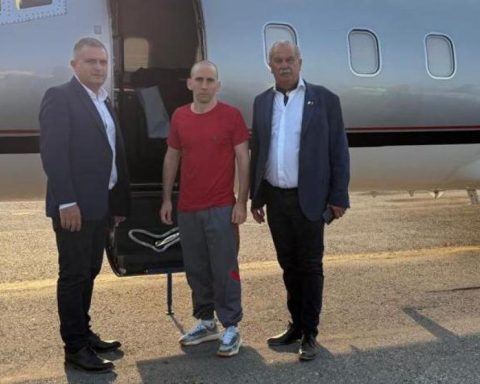The session of Deputies began with the presentation of the majority and minority reports of the investigative commission, as well as the intervention of the complainant, Felipe Schipani (Citizens).
Alfonso Lereté stressed that the investigator he chaired was able to confirm that there was a maneuver orchestrated by the union leadership with the lack of controls by the education authorities.
Lereté reviewed the creation of the parliamentary group at the request of the denounces of deputy Felipe Schipani (Ciudadanos) and stated that there was contempt for the legislators of the coalition and apathy of the former authorities when they were summoned.
The legislator indicated that the licenses for union reasons were justified in article 70.10 of an agreement that was never approved, pointing out that it was believed that the teacher Marcel Slamovitz was an isolated case, but that the National Federation of Secondary Education Teachers was used ( Fenapes) to justify the absences of 120 teachers.
The parliamentarian presented documentation in the room that he understands demonstrates the “omissions, deception and fraud” that make up behavior with a criminal appearance.
In addition, Lereté indicated that the representatives of the opposition did not work, disregarding their responsibilities as comptroller, showing a photo of a session of the investigation in which only the deputies of the ruling party and a witness were present.
The majority report concludes with a resolution, stating: Claim the instrument of the investigative commission as a mechanism of parliamentary control, to elucidate the presumptions of irregularities and illegalities, according to Law No. 16,698, of April 25, 1995, and article 66 of the Constitution of the Republic.
Establish that the existence of irregularities, omissions and alleged wrongdoing by the Secondary Education Council and the leadership of the National Federation of Teaching Teachers can be determined from the complaint filed, actions carried out, information studies and aggregated documentary and testimonial evidence. Secondary (FeNaPES).
Submit to the Central Board of Directors of the National Administration of Public Education all the corresponding actions of the so-called “Investigative Commission with the task of investigating the extension and justification of irregular licenses to the members of the National Federation of Secondary Education Teachers (FeNaPES) by the Secondary Education Council in the period 2015-2019”, in the face of possible administrative irregularities that may correspond.
Send to the Board of Transparency and Public Ethics all the corresponding actions of the so-called “Investigative Commission with the task of investigating the extension and justification of irregular licenses to the members of the National Federation of Secondary Education Teachers (FeNaPES) by the Council of Secondary Education in the period 2015-2019”, for its purposes.
Send to the Attorney General’s Office all the corresponding actions of the so-called “Investigative Commission with the task of investigating the extension and justification of irregular licenses to the members of the National Federation of Secondary Education Teachers (FeNaPES) by the Council of Secondary Education in the period 2015-2019”, for its purposes
in minority
The minority report was presented by deputy Enzo Malán (PS) who began his speech by pointing out that the education unions are mobilized against union persecution.
Malán stated that “there are no truths in the fantasies of the coalition”, questioning the investigative commission and recalling that during 2021 the commission had 14 sessions, receiving the declaration of 25 witnesses, of 37 invitations sent, but that the term was extended and pointed out that there were “signs of irregularity” in the performance of the parliamentary group.
According to the minority report, there are several measures that are advised to be taken:
“The minority that is part of this Investigative Commission understands, based on what is stated in this report, that there are no evidentiary elements that enable the submission of the documents emanating from the 372 days of operation of this Commission to any State agency. The investigative instance had ample evidence to justify filing it without further action. The evidence collected makes it clear that the destination of the investigative Commission is not the Attorney General’s Office.
In turn, we emphasize the autonomy of the entities, and we claim the separation of powers together with the different organizations and devices that give them guarantees.
We understand that the ANEP is the natural environment to resolve and address the situation and in the honest exercise of our place as Representatives we respect the processes that are being carried out there with the confidence that they have the guarantees provided by law and without any give rise to incidents, direct or indirect, by the exercise of the investigative Commission that convenes us today.
Nobility forces to place an alert, a warning for possible future scenarios.
We have been part, the entire House of Representatives, of an Investigative Commission generated in an improper manner, which officiated outside its powers, which violated individuals, citizens and citizens, violating their rights and exposing sensitive information about their private life that nothing it had to do with the object to be investigated.”
The 50 tests
Schipani recapitulated the existence of fifty tests that demonstrate the existence of a maneuver carried out by the union leadership, so that union teachers would enjoy licenses without affecting the payment of presenteeism.
The first proof that the Citizens legislator exhibited were the “false certificates” used in the processing of licenses, pointing out that they complete a total of 280.
For the parliamentarian, the certificates do not date back to 2015, the year set by the Chamber, but from previous years, so the “maneuver” dates back to times of the Mujica administration
He cited as an example that Professor Marcel Slamovitz had 800 hours for union activities, leaving five groups without class inside and that Professor Mario Bango a third of teaching hours
Schipani noticed that on June 15, 2017, exactly five years ago, Slamovitz was asked by the Legal Department of Education to present a copy of the agreement justifying the application of article 70.10, but he did not do so.
“The question is where is the agreement?”, said the deputy. After Schipani’s intervention, the plenary went into intermission.
